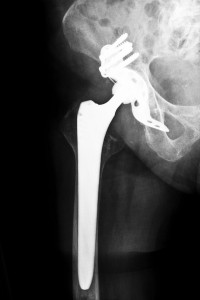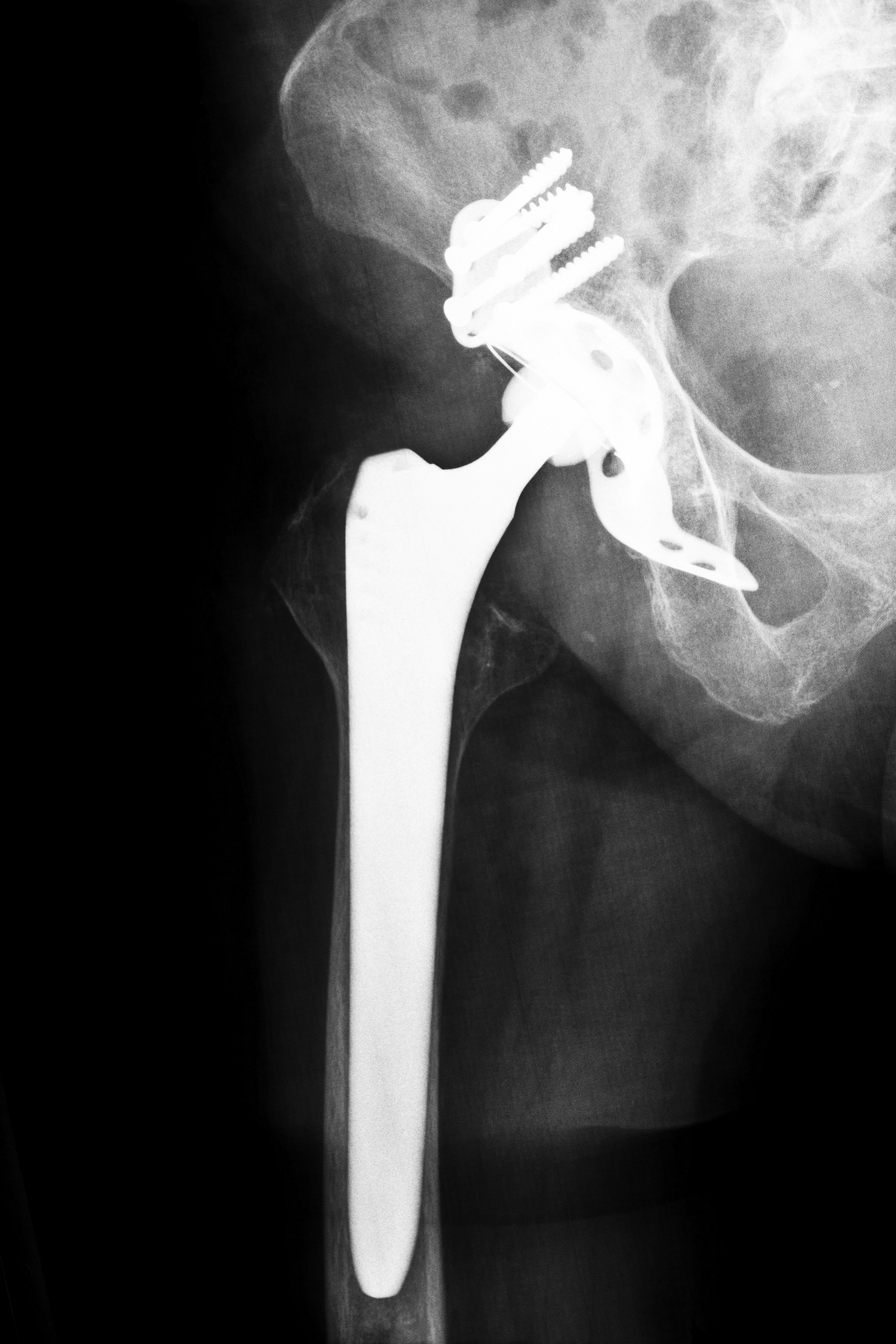 The first lawsuit related to a faulty hip replacement device has ended with the plaintiff being awarded more than $8 million in damages. Future lawsuits are expected, including some being conducted by the U.S. federal court system and involving multiple litigants. Residents of Florida who have received the DePuy Orthopedics ASR XL Acetabular system and are experiencing health problems as a result have a legal recourse to the situation, but they first need to consult with a personal injury attorney.
The first lawsuit related to a faulty hip replacement device has ended with the plaintiff being awarded more than $8 million in damages. Future lawsuits are expected, including some being conducted by the U.S. federal court system and involving multiple litigants. Residents of Florida who have received the DePuy Orthopedics ASR XL Acetabular system and are experiencing health problems as a result have a legal recourse to the situation, but they first need to consult with a personal injury attorney.
The ASR was considered one of the most advanced hip replacement devices when it was approved for use by the U.S. Food and Drug Administration (FDA) in 2005. However, its approval was done without clinical trials, and according to one press report, the implant was marketed without adequate research and testing. Since 2008, the FDA has received more than 300 complaints pertaining to the ASR, and some health problems have necessitated corrective surgery.
Since it employed all-metal components, the ASR was supposed to offer its recipients the promise of reduced wear and increased longevity. However, the trouble experienced by those who had been implanted with the device may in fact be related to its very design, with metal debris being produced during the course of normal wear having adverse effects on the body. Some of the recipients developed aseptic lymphocyte-dominated vasculitis-associated lesions, which are believed to be caused by metal particles and ions, and pseudotumors, which are masses in human tissue that resemble real tumors and may also result from the presence of metal particles.
Based on early research, the failure rate of the ASR was reportedly more than 10 percent, which meant that around one in eight recipients of the device would require surgery to replace the implant. However, a subsequent study indicated that as many as one in five of the patients would need corrective surgery no more than four years after they received the implant, and nearly half would require surgery after six years. Other recipients who may not have required surgery could still have experienced health problems, including pain.
Surgery and other forms of medical treatment are expensive, and anyone receiving such care in response to an ASR implant is entitled to compensation to help cover these costs. Damages can be also sought for reasons that are related to the pain and mental anguish brought about by the failure of a hip device. Since the ASR is considered a defective product, legal action against the manufacturer is being conducted in accordance with product liability laws, and it will take the knowledge of an attorney to utilize these laws to help the victims obtain the compensation that they deserve.
DePuy, which is a division of the company Johnson & Johnson, initiated a recall of the ASR in the U.S. in March 2010, three months after the device was recalled in Australia. Prior to the recall, the manufacturer had announced that it would discontinue production of the ASR. However, this action came after more than 90,000 of the devices had already been implanted in patients throughout the world. The same month that the American recall was issued, a letter was released by the manufacturer that contained information showing a higher rate of failure in its product than in traditional implants. The risk of failure was reportedly higher in patients of small stature, and who are for that reason more likely to be women and individuals with weak bones.
Recipients of the DePuy ASR who live in Florida and have experienced trouble with the implant should consider turning to the services of the Attorney Group for Florida, whose affiliated lawyers can help them seek the compensation to which they are entitled.






